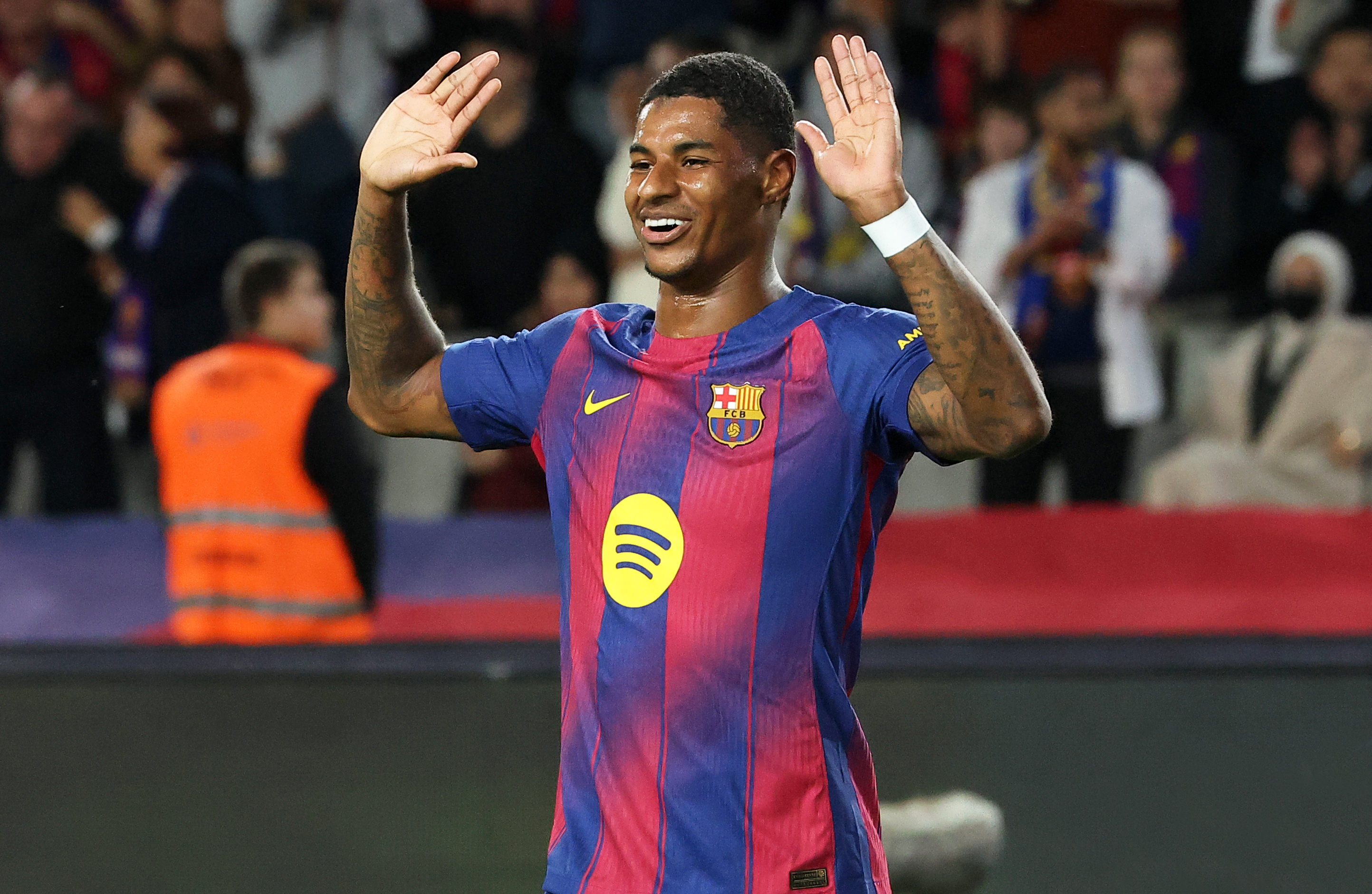The best features, fun and footballing quizzes, straight to your inbox every week.
You are now subscribed
Your newsletter sign-up was successful
Want to add more newsletters?

Five times a week
FourFourTwo Daily
Fantastic football content straight to your inbox! From the latest transfer news, quizzes, videos, features and interviews with the biggest names in the game, plus lots more.

Once a week
...And it’s LIVE!
Sign up to our FREE live football newsletter, tracking all of the biggest games available to watch on the device of your choice. Never miss a kick-off!
Join the club
Get full access to premium articles, exclusive features and a growing list of member rewards.
The Japanese say theirs is the only bid which addresses the way in which technology and sponsorship will change over the next 12 years, an issue they believe represents FIFA's biggest dilemma in choosing hosts so far ahead.
"FIFA has got a very difficult decision because it is going to have to make judgments on what will happen in the years to come," said Patrick Nally, who was instrumental in setting up Coca Cola's sponsorship of the 1978 World Cup and is an adviser to the Japanese bid.
"I hope they are going to consider the implications of what they are going to do so far in advance."
FIFA is due to announce the winners on December 2 with South Korea, Australia and United States the other candidates.
Nally said hosting future World Cups would involve far more than building stadiums, hotels and infrastructure, with one of FIFA's biggest challenges likely to be finding an alternative to its traditional dependence on sponsorship and media rights.
RULING BODY
Japan say their FIFA Hyper Application would do the hard work for the sport's ruling body because it is capable of transmitting the World Cup via the Internet.
The best features, fun and footballing quizzes, straight to your inbox every week.
That would provide a new source of revenue derived from a huge increase in the worldwide audience which could reach one billion Internet users.
Yuichiro Nakajima, executive director of Japan's bid committee, said: "Our bid is based on how football will evolve and football is going to have to embrace that change.
"This is a risk-free way for FIFA to take a bold step... because they have a government backing them in this project," he said.
The hyper application would include other services, including a digital ticketing system combining matches and public transport, an electronic money service, GPS navigation to venues, match commentaries and a real-time automatic translation system supporting 50 languages.
The action on the field will be captured by 200 mini cameras and 70 microphones in the stadium, creating 360 degree coverage of the pitch.
"Viewers would be able to choose a viewpoint, which could be from the centre circle, the goalkeeper's position or the referee's perspective," said Nakajima, adding that the sound would even allow spectators to hear the players breathing.
"They can manipulate the perspective so that it would be very personal."
Nakajima said the technology would be used in each of FIFA's 208 member countries.
"You're going to be watching it in person in near-life fashion," he said.
"It doesn't matter if you're from a very wealthy country or one of the least developed nations in the world."
 Join The Club
Join The Club










